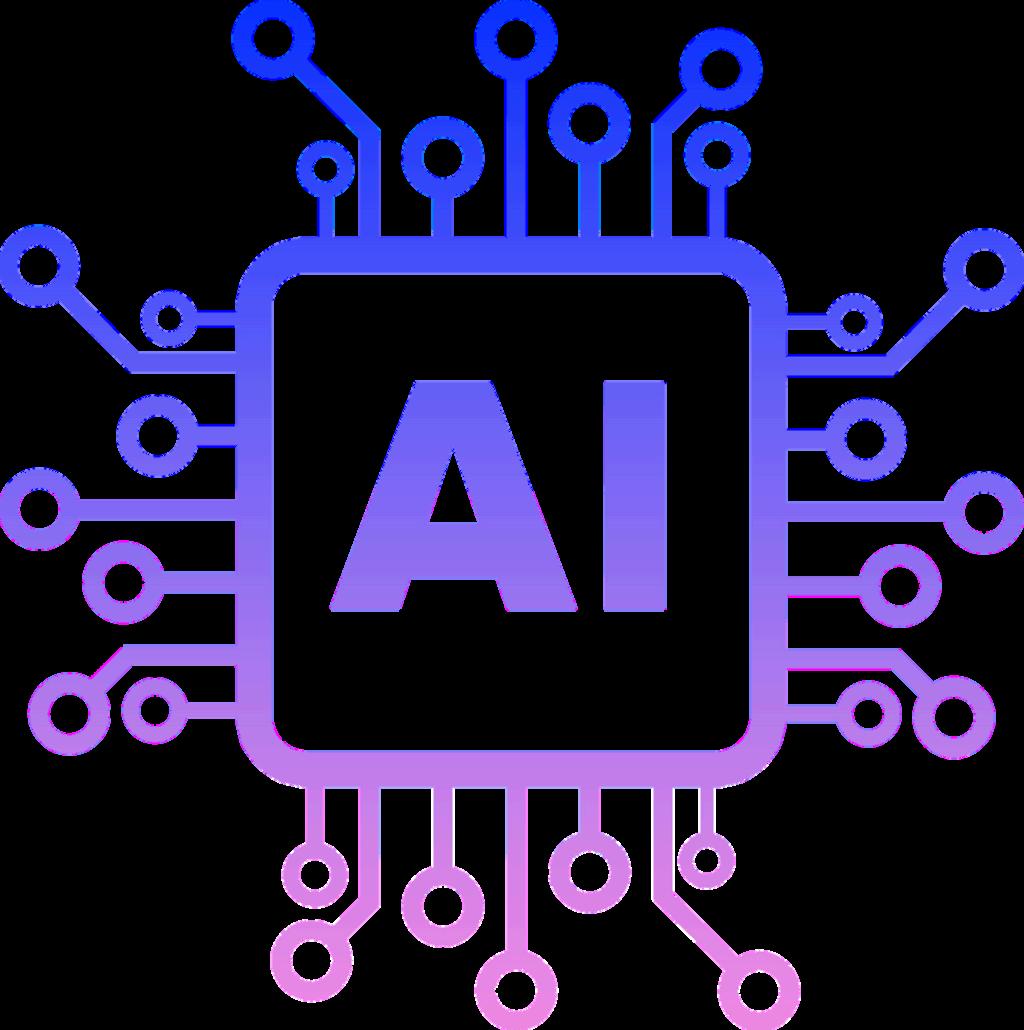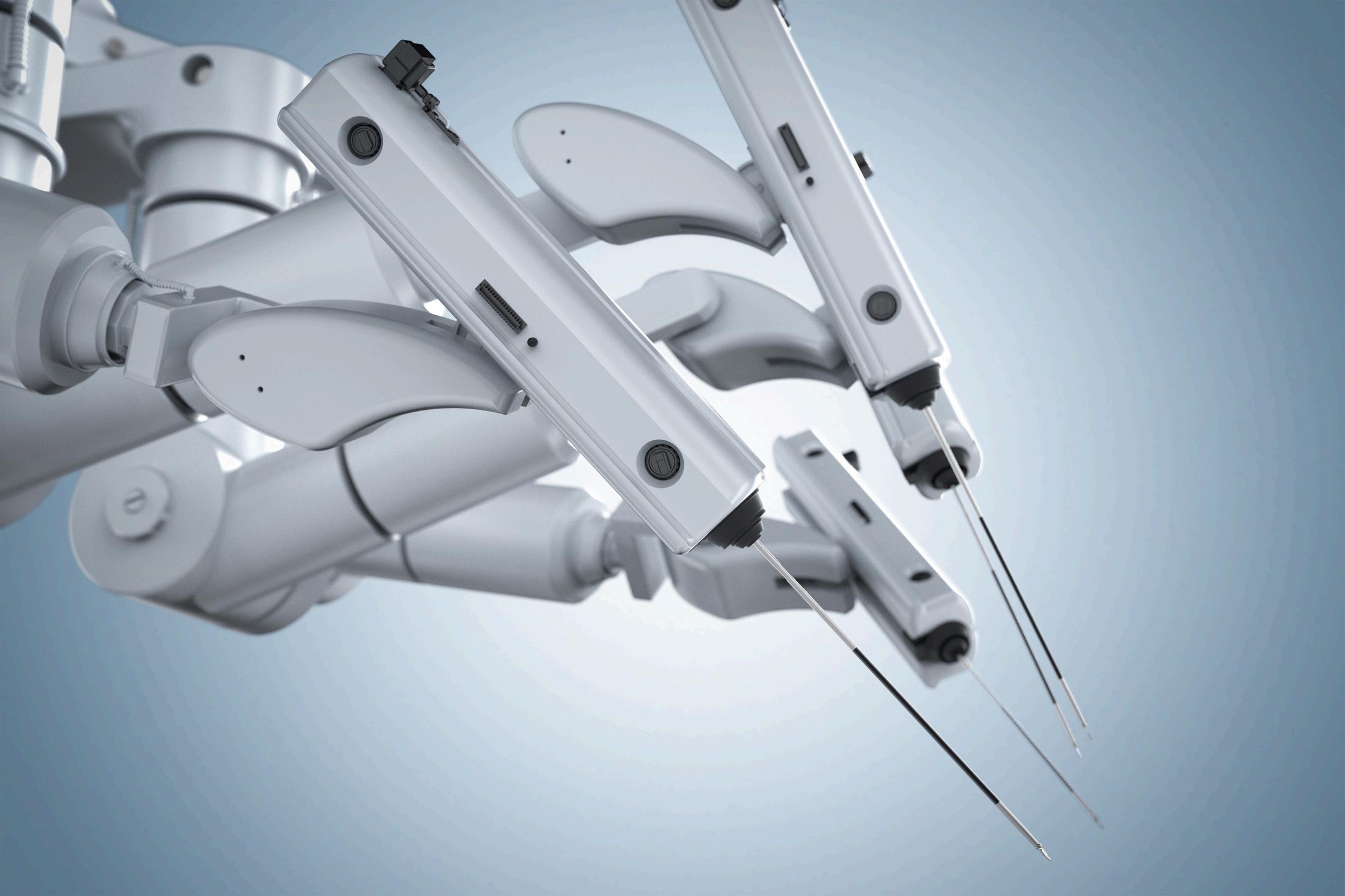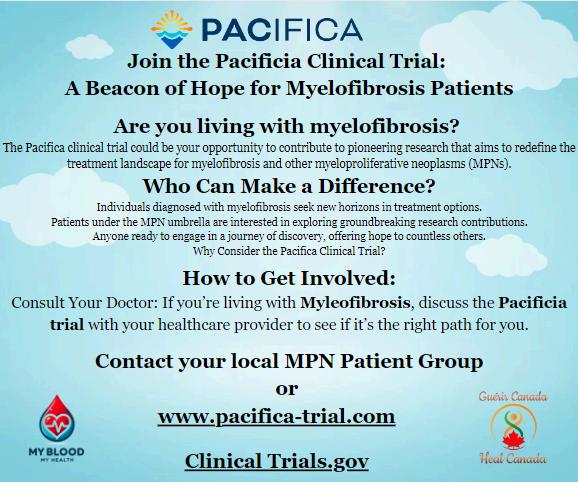
3 minute read
The Emergence of AI in Healthcare: Transforming Patient Care at All Levels.
by Cheryl Petruk, MBA, B.Mgt.
Artificial Intelligence (AI) has rapidly emerged as a transformative force in healthcare, revolutionizing how medical practitioners diagnose, treat, and manage patient care. From primary care physicians to specialized surgeons, the integration of AI is enhancing efficiency, accuracy, and patient outcomes. This article explores the multifaceted roles of AI in healthcare and its impact across various levels of healthcare practitioners, including a real-life case study to illustrate its impact.
PrimaryCarePhysicians:EnhancedDiagnosisandPatientMonitoring
In primary care, AI-powered tools are proving to be invaluable They aid physicians in early diagnosis and ongoing patient monitoring, leading to more accurate and timely treatments. AI algorithms can analyze vast patient data, including electronic health records (EHRs), to identify patternsandpredictpotential healthissues.

For instance, AI-driven diagnostic tools can analyze symptoms and medical history to suggest possible conditions, enabling doctors to make moreinformeddecisions.
Moreover, wearable devices equipped with AI capabilities are transforming patient monitoring These devices track vital signs, activity levels, and other health metrics in real time, allowing for continuous monitoring of chronic conditions such as diabetes and hypertension Primary care physicians can leverage this data to provide personalized careplansandtimely interventions.
SpecialistPractitioners:PrecisionMedicineandAdvancedImaging
Specialist practitioners, such as cardiologists, oncologists, and radiologists, are harnessing AI for precision medicine and advanced imaging. AI algorithms can analyze medical images, such as Xrays, MRIs, and CT scans, with remarkable accuracy, often detecting anomalies the human eye might miss. This capability is precious in fields like radiology, where AI can assist in identifying tumours,fractures,andotherabnormalities.
In oncology, AI-driven tools enable precision medicine by analyzing genetic data and identifying specific cancer-linked mutations. This information allows oncologists to tailor treatments to the individualpatient'sgeneticprofile,improvingtheefficacyoftherapiesandreducingsideeffects.
RoboticAssistanceandSurgicalPlanning
In the realm of surgery, AI is playing a crucial role in enhancing precision and outcomes. Robotic surgical systems, guided by AI, offer unparalleled precision in procedures ranging from minimally invasive surgeries to complex operations. These systems can execute delicate maneuvers with stability and accuracy, reducing the risk of complications and improving recoverytimes.
The Emergence of AI in Healthcare: Transforming Patient Care at All Levels con`t
AI is also revolutionizing surgical planning. Preoperative planning tools use AI to analyze patient data and simulate surgical procedures, allowing surgeons to anticipate potential challenges and optimize their approach. This level of preparation contributes to better surgical outcomesandincreasedpatientsafety.
HealthcareAdministrators: Streamlining OperationsandReducingCosts
AI’s impact extends beyond direct patient care to healthcare administration, where it is streamlining operationsandreducingcosts.

AI-powered systems can automate routine administrative tasks, such as appointment scheduling, billing,andclaimsprocessing,freeingupstafftofocusonpatientcare.
Additionally, predictive analytics can help healthcare administrators forecast patient demand, optimize resource allocation, and manage supply chains more efficiently. This operational efficiency translates to cost savings and improved service delivery, benefiting practitioners and patients.

Case Study: AI in Breast Cancer Diagnosis
One notable case study demonstrating the impact of AI in healthcare is its application in breast cancer diagnosis. Researchers at Google Health developed an AI system to improve the accuracy of breast cancer detection in mammography. In a study involving thousands of mammograms, the AI system outperformed radiologists in detecting breast cancer, reducing false positives by 5.7% and false negatives by 9.4% (McKinney et al., 2020).
This AI system was trained on a diverse dataset from the UK and US and demonstrated its ability to generalize across different populations. The study highlighted the potential of AI to enhance diagnostic accuracy, reduce the workload on radiologists, and ultimately improve patient outcomes.
EthicalConsiderationsandFutureDirections
While integrating AI in healthcare offers numerous benefits, it raises important ethical considerations. Ensuring patient data privacy, addressing biases in AI algorithms, and maintaining transparencyinAIdecision-makingprocessesarecriticalchallengesthatmustbeaddressed.
The Emergence of AI in Healthcare: Transforming Patient Care at All Levels con`t
Looking ahead, the future of AI in healthcare is promising. Ongoing advancements in machine learning, natural language processing, and robotics are poised to enhance patient care further and transform healthcare practices. Collaboration between technologists, healthcare practitioners, and policymakers will be essential in realizing AI's full potential while safeguarding ethical standards.
The emergence of AI in healthcare is a game-changer, providing powerful tools that enhance the capabilities of healthcare practitioners at all levels. From primary care physicians to specialized surgeons and healthcare administrators, AI is driving improvements in diagnosis, treatment, patient monitoring, and operational efficiency. As AI continues to evolve, its integration into healthcare promises to deliver even more significant benefits, ultimately leading to better patient outcomes and a more efficient healthcare system.











